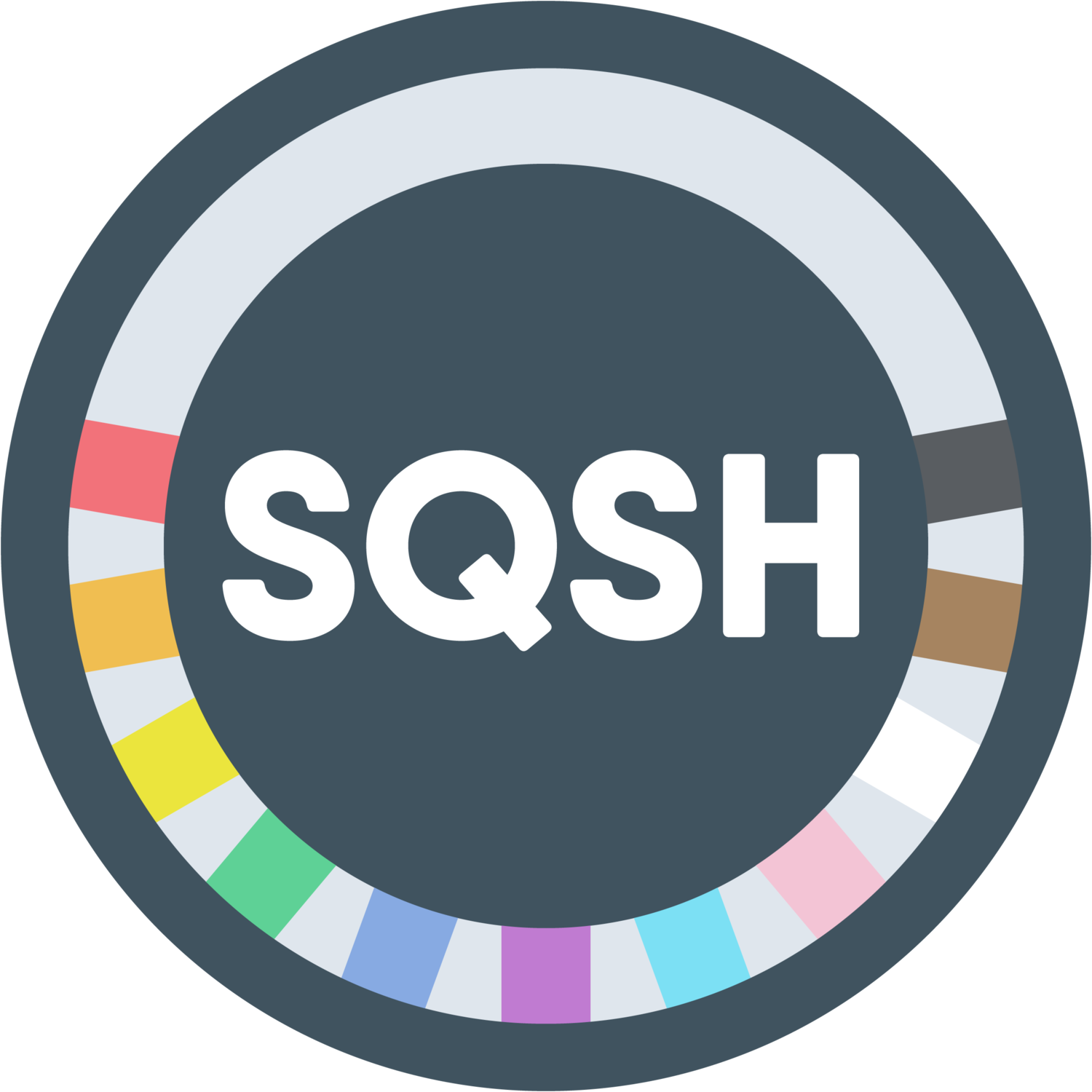
Joy & Liberation
Queer Liberation is a vision and transformation of society to eliminate identity-based oppression and advance collective freedom, so that people of all genders & sexualities can live with safety, power, and abundance.
Queer St. Louisans share their thoughts on transformative justice, abolition, internalized shame, colonialism, white supremacy, dancing, breathing, authenticity, hope, dysfunction, utopia, institutions, crime, art, education, queer theory, electoral politics, and more ⬇️
Photo of Robert Fischer (he/him)
“We as black women keep us safe. That means a deepening of understanding of myself, and in creating that space for myself, I created for other people to have that abundance and heal our communities and heal ourselves.”
– Alexis Nichole (she / they / star)
“You just gotta make sure the people's needs are all met. You have to alleviate crime. You have to alleviate struggle. I think that queer liberation has to be intersectional. It has to be accessible. Has to be. Sometimes I'm like, ‘what does liberation have to be from my perspective?’ But I feel like, how do you ask what it looks like for everyone else? Cause I think it's non-monolithic, because if we're not all free till we're all free. Everyone has a different sense of freedom. So I think it really is getting to know what freedom looks like from everyone, which is a big task.”
– Maxi Glamour (they/them)
“Utopia generates an overwhelming amount of thought. It needs an overwhelming amount of action and planning to create communalism.”
– Maxi Glamour (they/them)
Photo of Hafsa Said (they/them)
“Acts of service for others and doing things for people gives me hope and happiness. There doesn't always need to be an exchange.”
— Mack (they / he)
“Liberation is when everyone can present their true self to the world. Like they don't have to hide or they don't have to do something that is forced.”
– Cindy Chen (she/her)
“Having autonomy feels joyful… there are no set rules on how you should be. It's like being able to tell someone what your needs are and having them see that and affirm that.”
– Mack (they / he)
“Liberation for me is feeling like I really do have a choice and feeling like I just wanna dance. Like I really cannot dance. And I know that's surprising because I'm black, but I really cannot. But I just think that being here, talking to you, I feel like I wanna dance. Like we're all listening to a poem, we can chant those words together. I think liberation is just like being able to take that deep breath.”
– Alexis Nichole (she / they / star)
Photo of Po Mia (they/them)
“I feel like young folks’ access to education and resources about queer theory and oppression mean they have it exponentially easier than when I grew up and like even more than my parents and their parents. I am very hopeful that they'll have better resources and tools to understand things.”
– Maxi Glamour (they/them)
Photo of Jet McDonald (they/them)
“I hope for things to get better. I always have this small little hope where the tiny voice in my head that's telling me like it's gonna get better. Just give it time. It might take a while, but it's gonna get better and where everyone feels supported, everyone feels validated.”
– Bree
“I say I'm for abolition and I'm for transformative justice and all these things, but how do I live that out in my personal life and not have the shame that I carry because of these systems?”
– Alexis Nichole (she / they / star)
Photo of Luka Cai (they/them)
Photo of Sister Mimosa Bellini of the Fourth City Sisters Abby of the Glittering Arch (she / he / they)
“I think queer liberation is just the freedom to exist within the society as any other person. The ways in which things are structured now, it obviously oppresses queer people. And so we talk about housing rights and medical access for queer people, especially trans queer people and nonbinary queer people. We have states that are trying to enact states bans to eliminate healthcare options for folks. That should not be a topic of conversation. Queer people should just be able to exist in their lives, and do all the things without fear of the state coming after them, without fear of other individuals harming them. So yeah, when I think about queer liberation, I just think about living my life daily without any fear or of repercussions from individuals or institutions.”
– Bryce Davis (he/him)
Photo of Lenna Catrett (they/them)
Photo of Zee Hyams (she / they)
“I think electoral justice is like one facet of liberation. A lot of people invest so much into activism, direct actions, voting, and education. I think that they all work together. A lot of more radical people neglect electoral politics. I think it's a necessary part for liberation because you do not have laws that constitute that queer people have rights in writing. People can always challenge that. And so I think it's a necessary part to defeat white supremacy, to use electoral politics. This election is really big because the political climate is getting worse. It's getting more homophobic, more transphobic.”
– Maxi Glamour (they/them)
“I wanna achieve the same level of dysfunction as everybody else. My goal is to get to a point where I live my life as normally as everybody else.”
– Len Wood (they/them)
Photo of Owen Guo (he/him)
“I feel free on stage, not before, not after. Or whenever I'm creating like art, because I can really dissipate any form of heteronormativity. You know, I can burn up money and evade capitalism. I really like creating dialogue with people and they're engaged and I feel like there's no other place and I can connect with people more than that. And I feel as though it's just like a celebration of unity. And I feel like that for me is freedom.”
– Maxi Glamour (they/them)
What gives you hope despite the systems of oppression that we live in?












